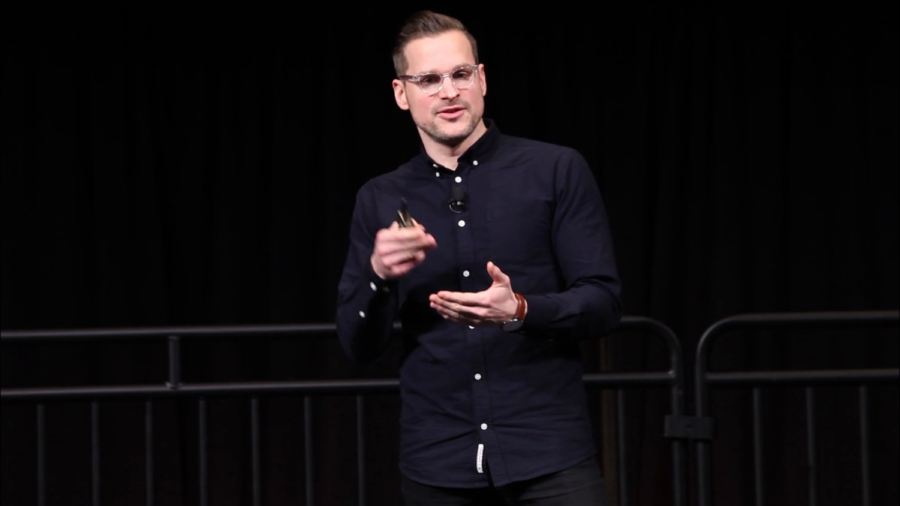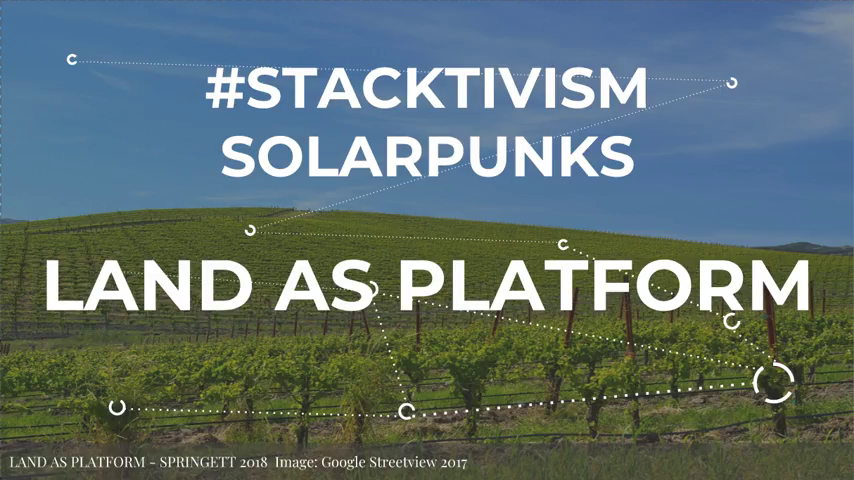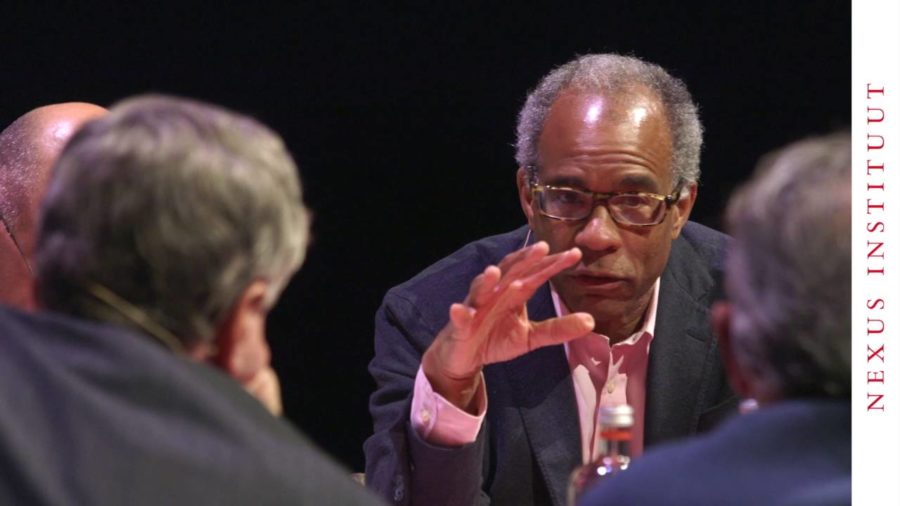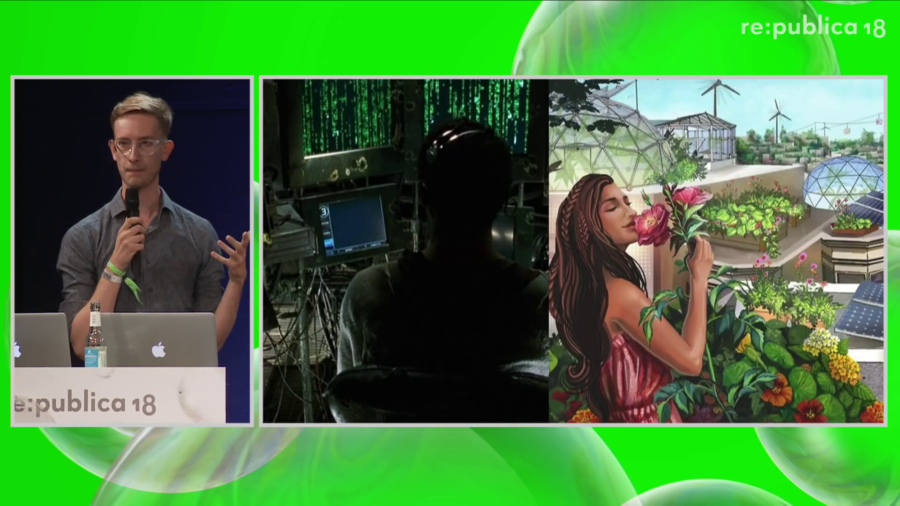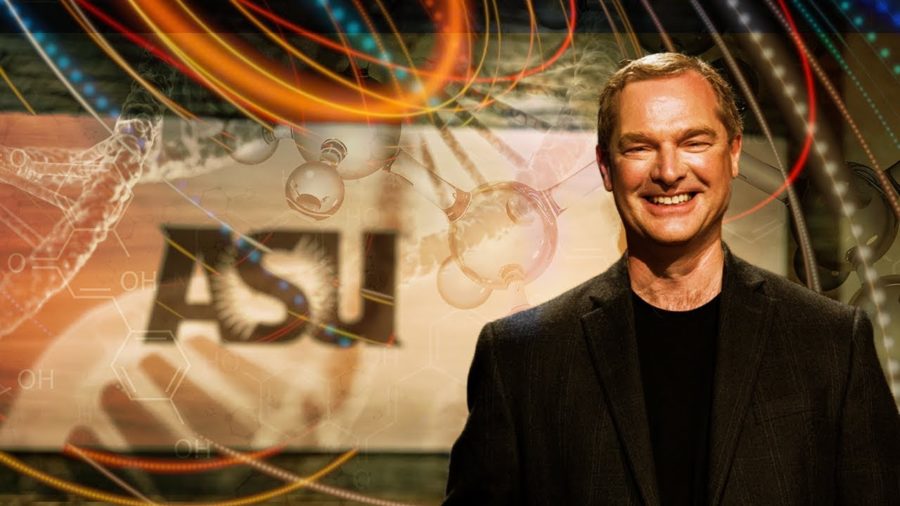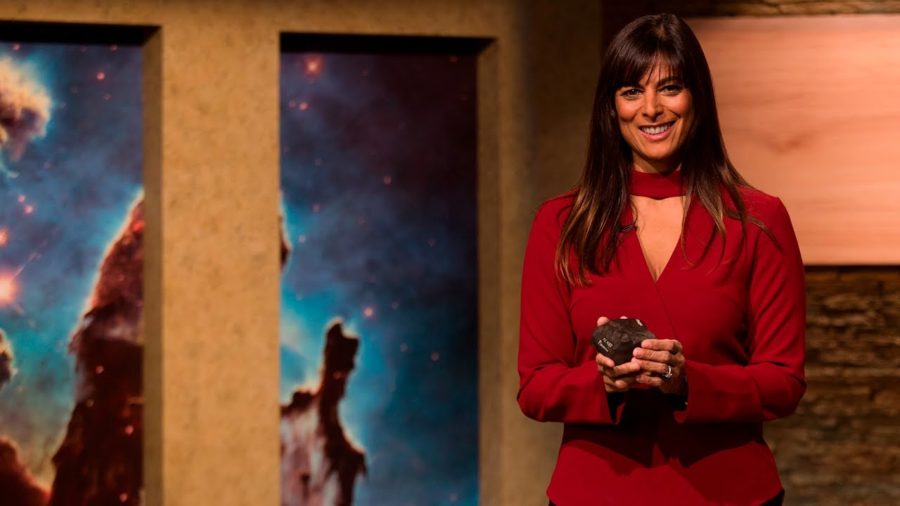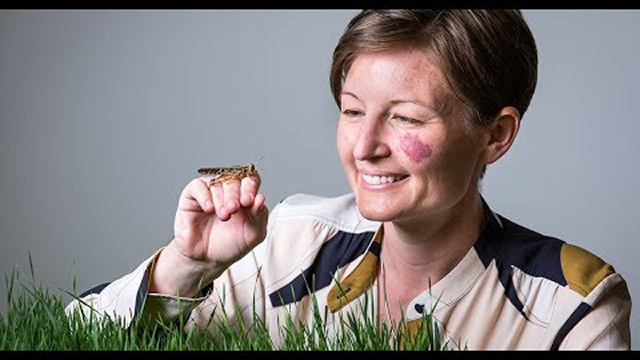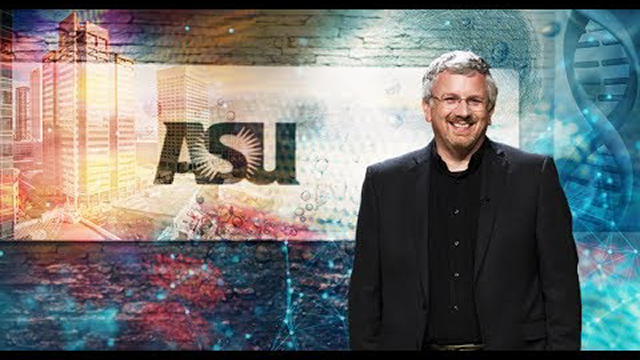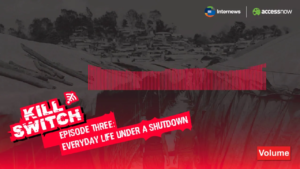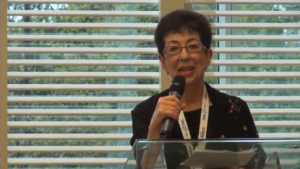I think we need to start thinking critically about things that we perceive as wholesome. Empathy has become a big business, and we ought to be able to examine it. Everyone’s always trying to diagnose disabled people. But I’m gonna have a little bit of fun. And I’m actually gonna diagnose all of you.
Urbanising Technology
presented by Saskia Sassen
Cities have become sites, places, for massive deployments of increasingly complex and all-encompassing technical systems, some of them good, some of them dubious. Read more →


